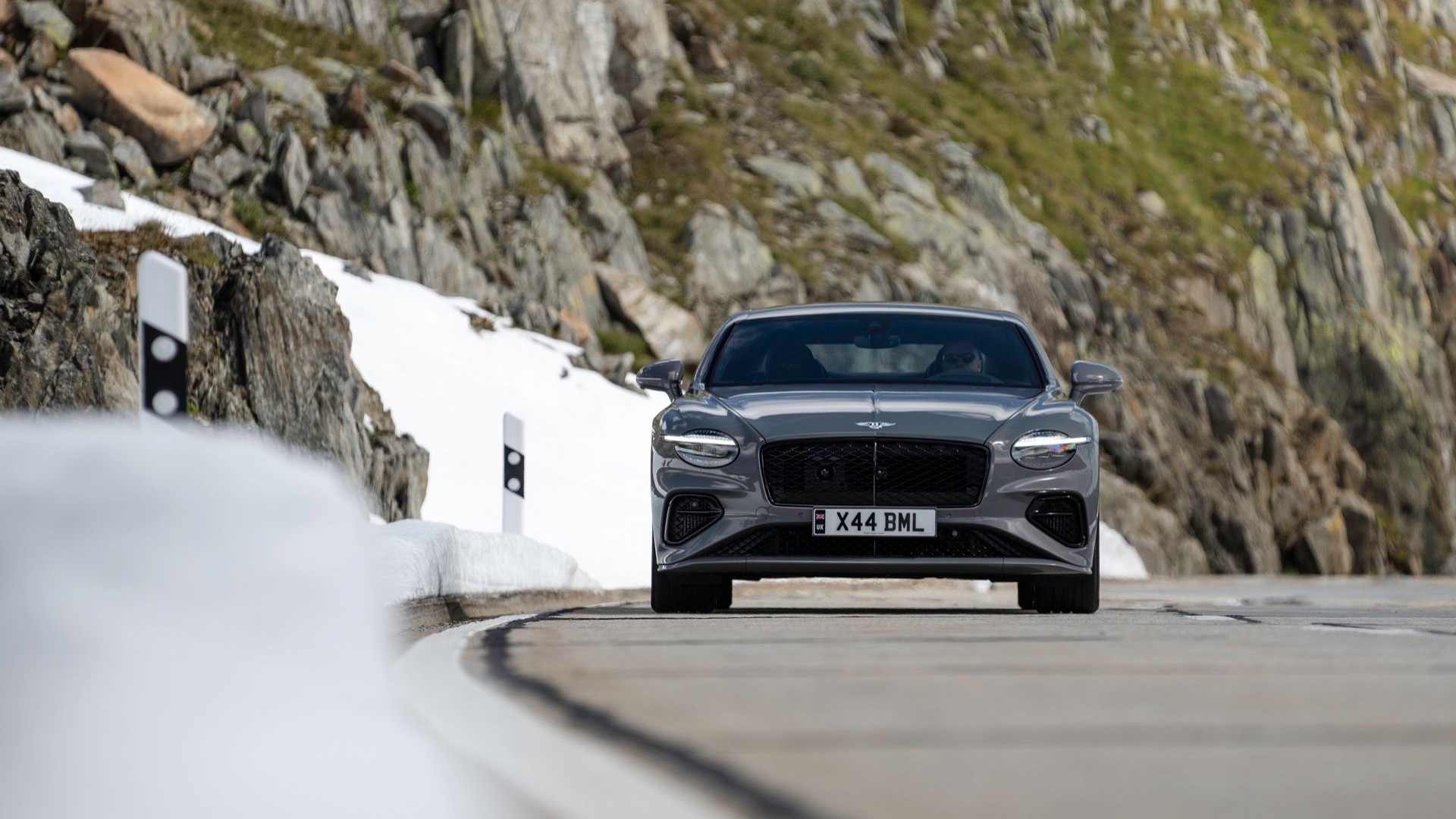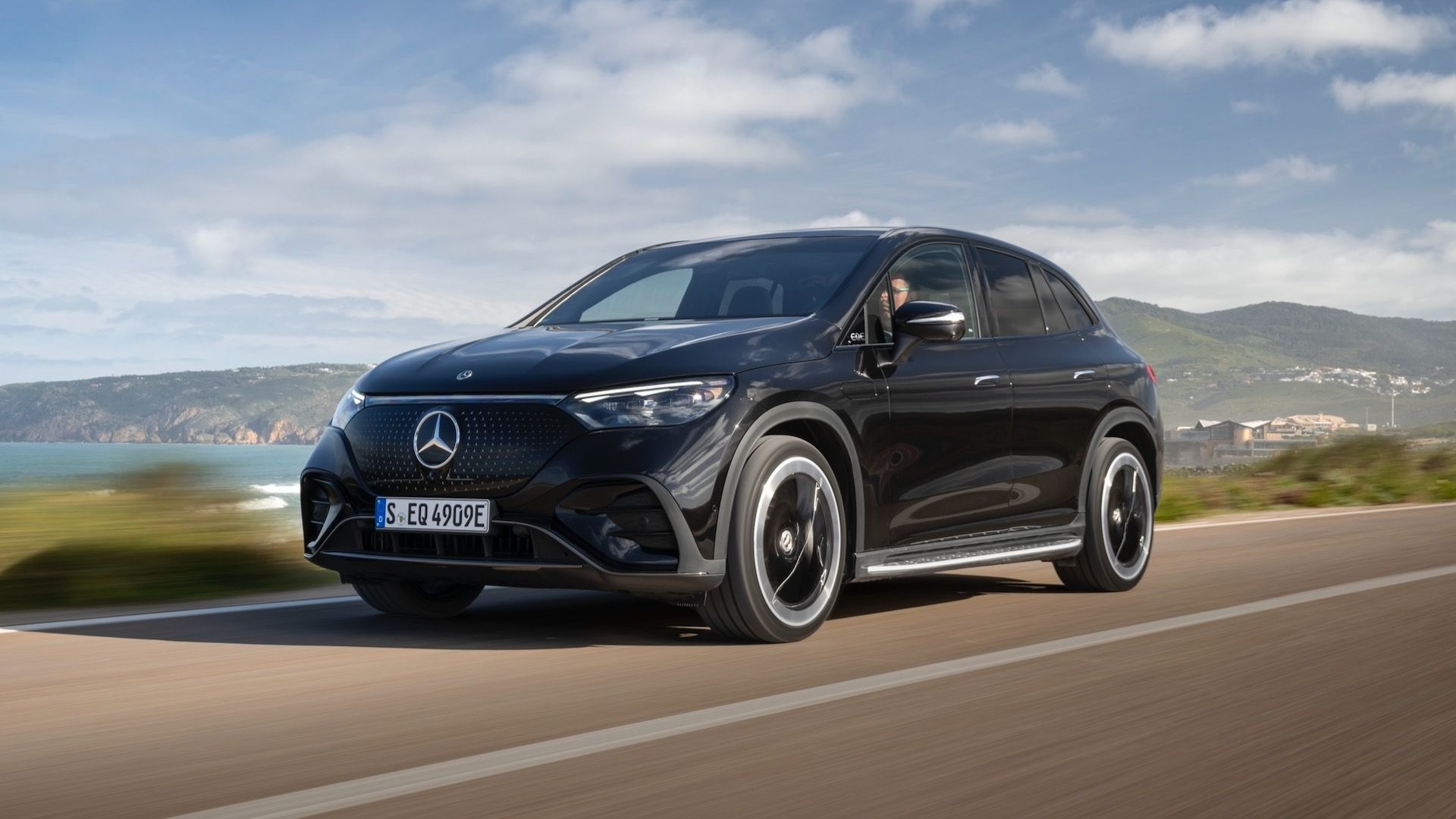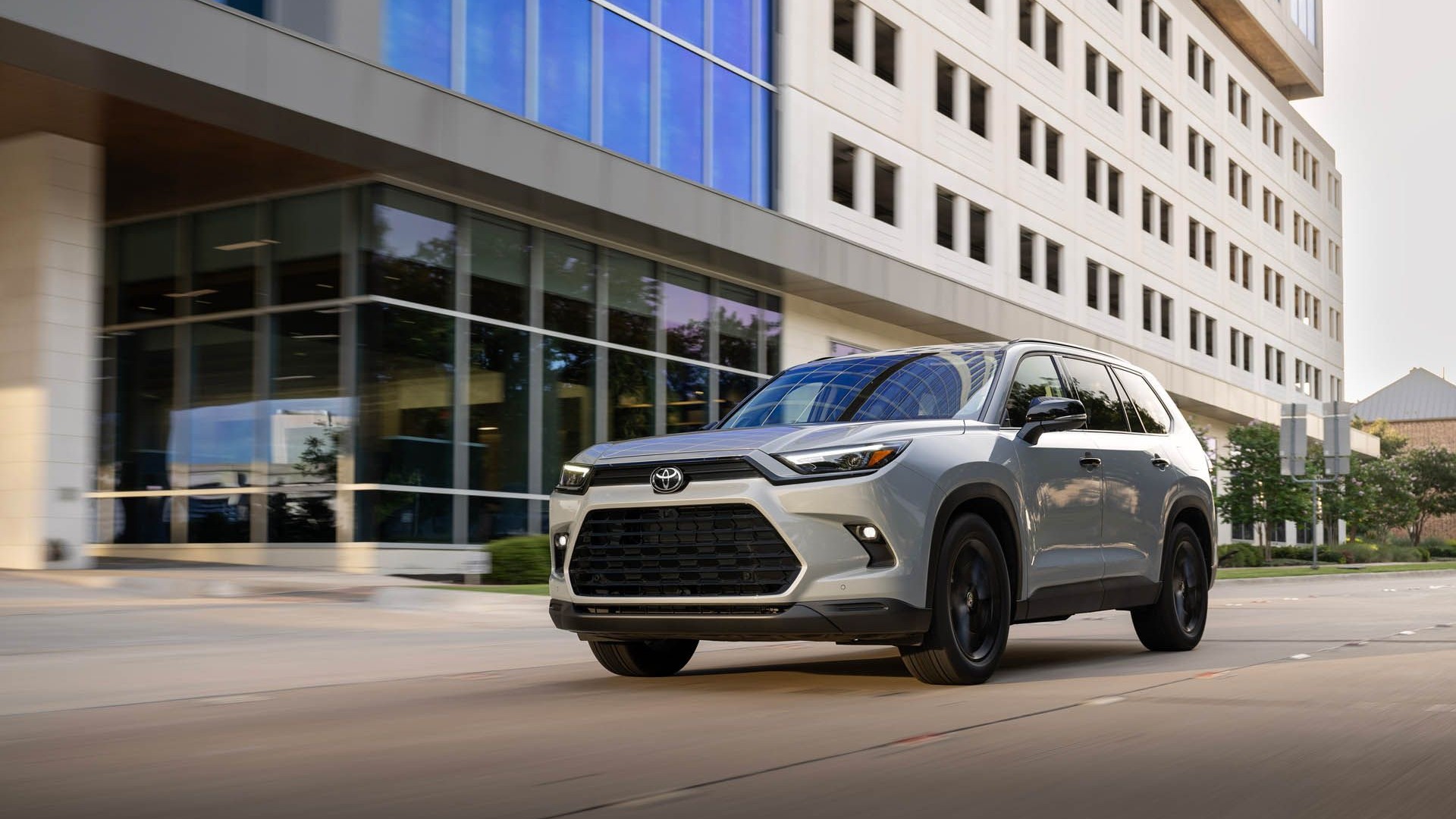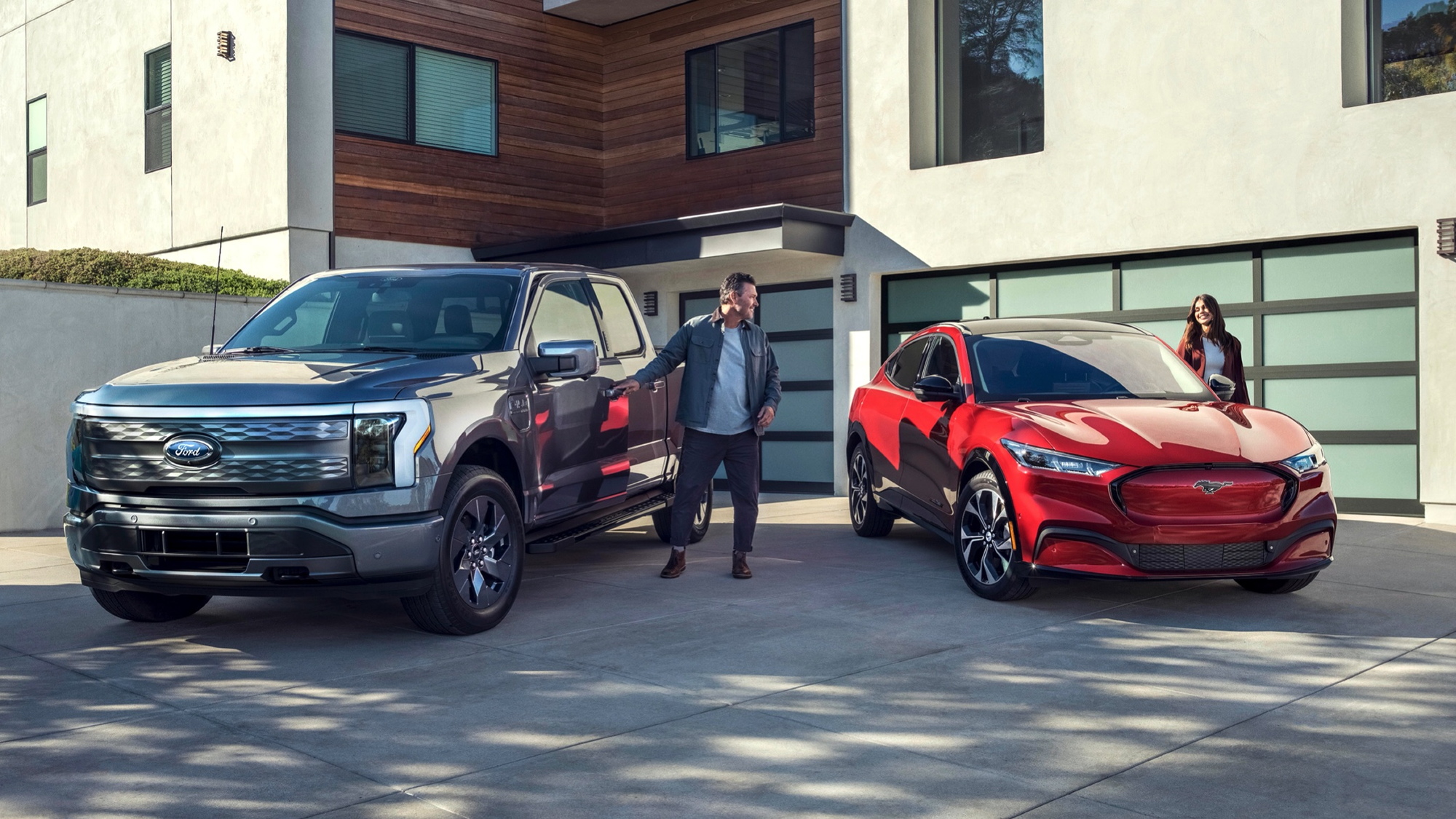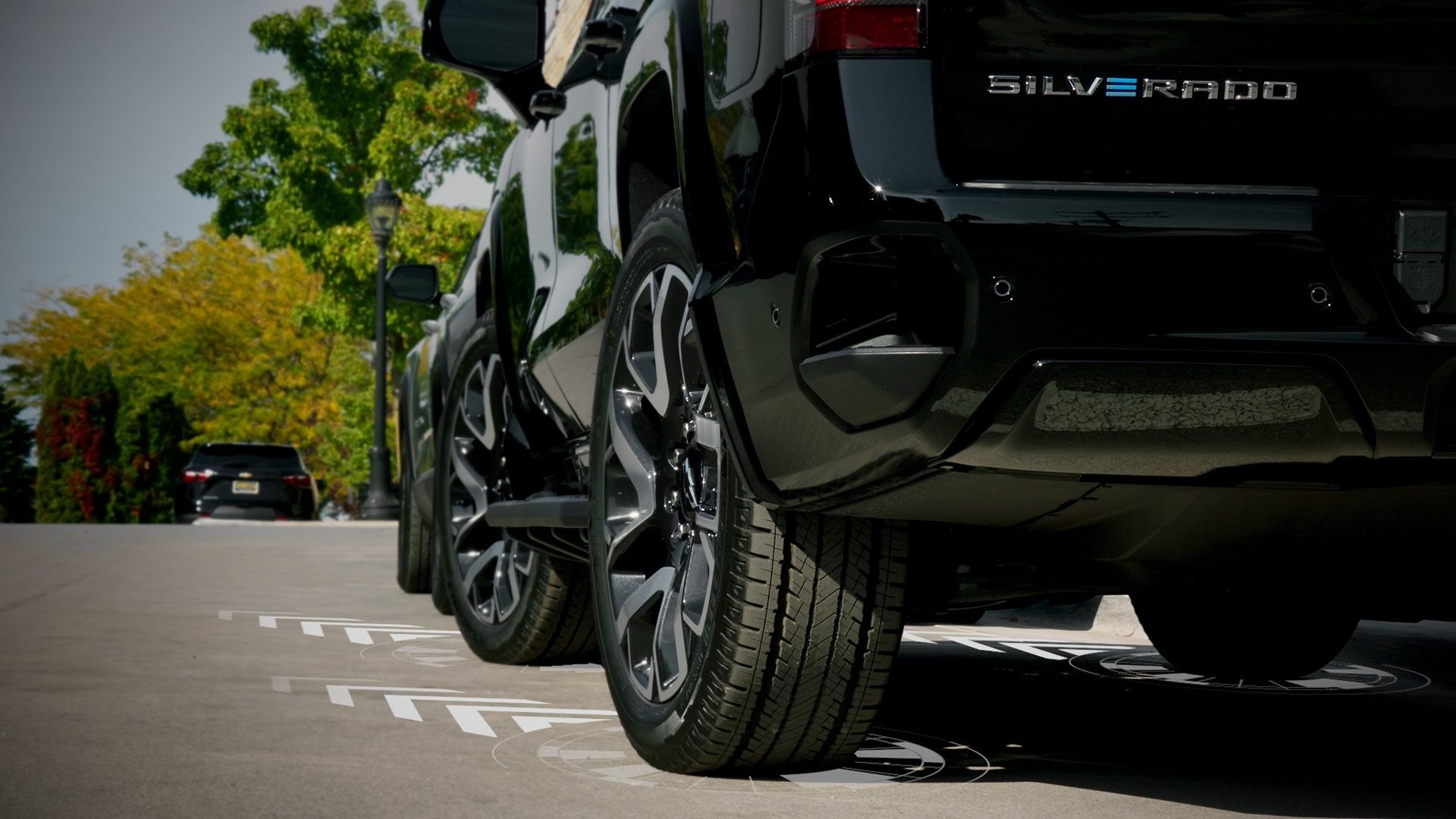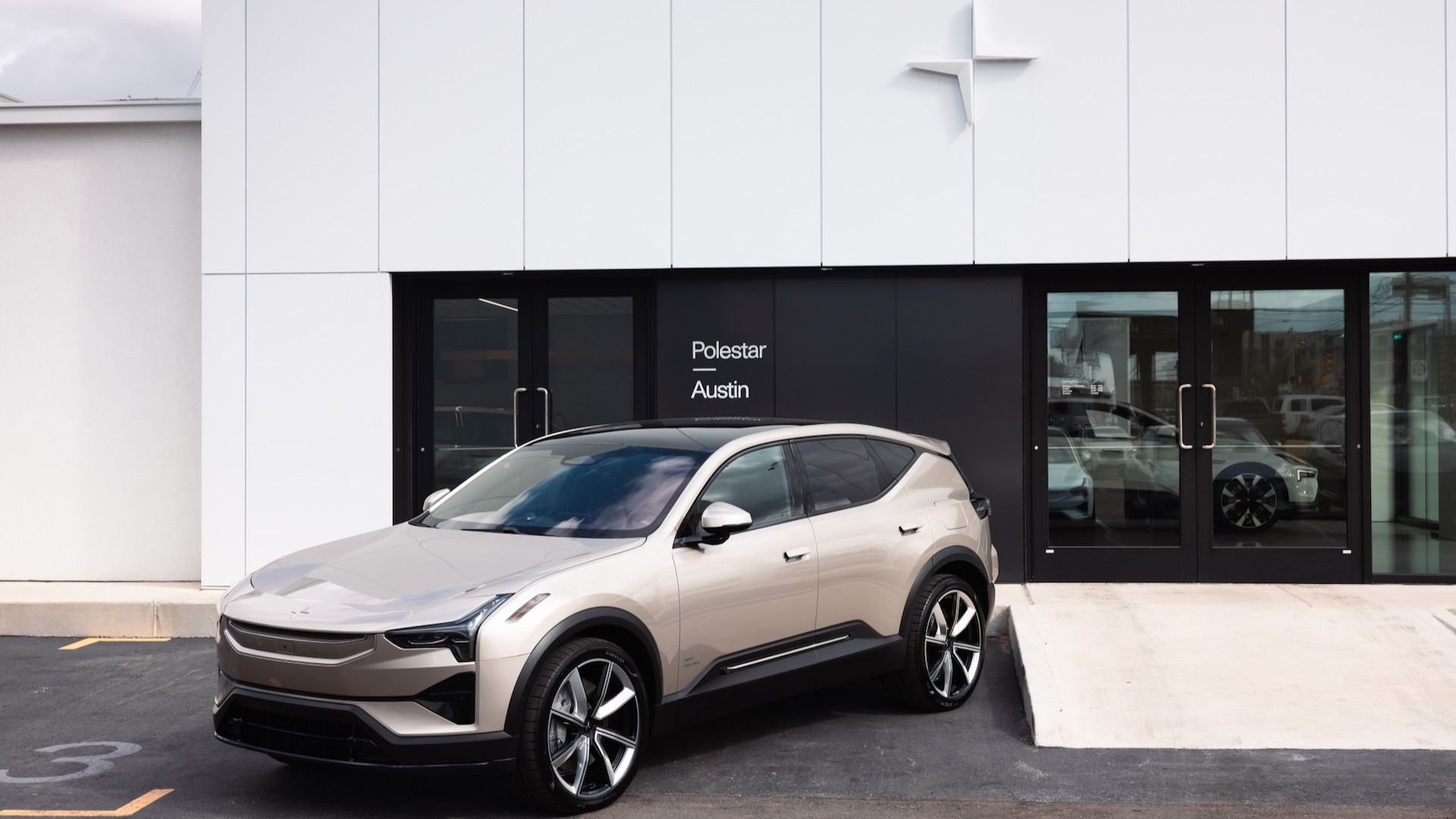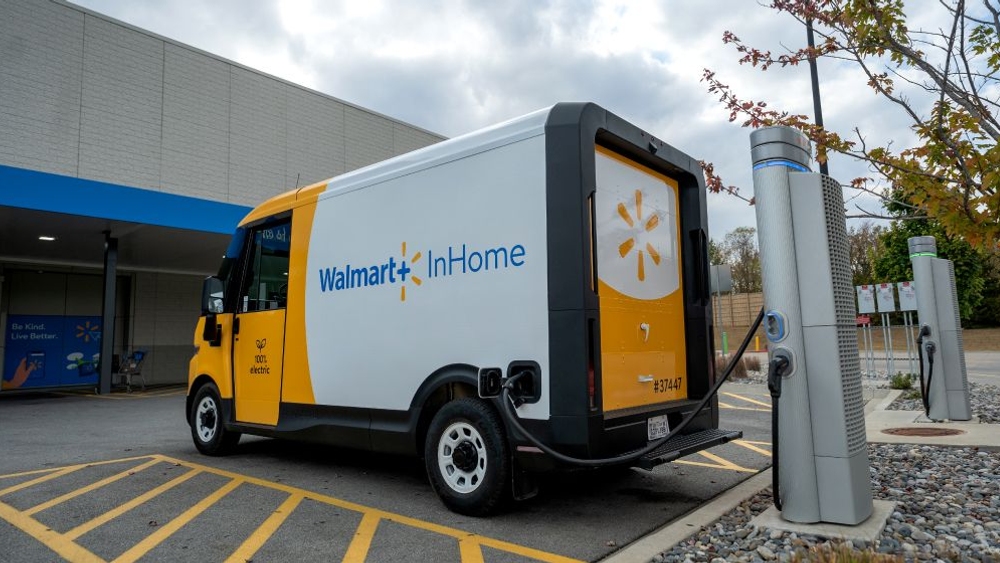The Insurance Institute for Highway Safety and the Highway Loss Data Institute has once again confirmed the Tesla Model S electric car is an outlier.
While the Model S gets high ratings for its crash safety, it also seems to incur higher insurance losses than competing conventional cars.
Higher claim frequencies, more costly repairs, and higher mileage all contribute to the Model S sedan losses.
DON'T MISS: Waits for Tesla service get longer as more electric cars are sold
The IIHS and HLDI compared the Model S not only to its gasoline-powered counterparts but also to other (lower-range) electric vehicles.
For example, the Nissan Leaf and the Nissan Versa hatchback were studied and compared to try and reach a conclusion on the Leaf's losses against a comparable gasoline vehicle.
But the data clearly showed that Tesla Model S drivers consistently make more insurance claims than do those of other electric vehicles, and of most gasoline-powered cars.

2017 Tesla Model S
Compared to all gasoline-powered cars the Model S' claim insurance claim frequency is 36.9 percent higher.
Claim severity also rises as well—the severity is 63.5 percent greater than other cars.
Finally, total losses far exceed the average vehicle, with overall damage for the Model S being 123.9 percent higher.
READ THIS: Tesla Model S: Too Many Problems To Recommend, Consumer Reports Says
In comparison, the Nissan Leaf has lower rates of claim frequency, claim severity, and overall losses.
Interestingly, seven other electric cars—grouped into one category—have a lower claim frequency, but higher severity and slightly higher overall losses than gasoline-powered cars.
As for accruing more mileage than not only other electric cars but comparable gasoline models, the answer almost surely sits with the range of the Tesla Model S.
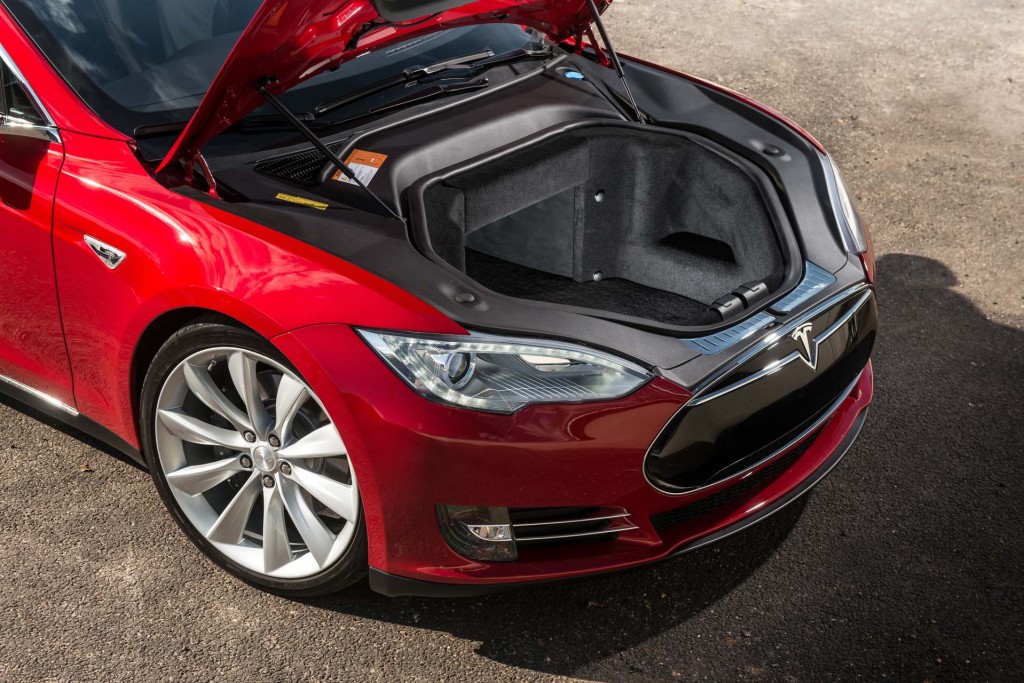
2017 Tesla Model S
Save for the 2017 Chevrolet Bolt EV—still very new in insurance-claim terms—no other electric car offers a range of 200 to 300 miles, as do the Model S and Model X.
The Model S can go 210 miles with its least powerful battery, while the Leaf can manage 107 miles. (A new set of electric cars now offers ranges of more than 120 miles, but only the Bolt EV crosses the 200-mile mark.)
Combined with the expansive and high-powered Tesla Supercharger DC fast-charging network, a Tesla is simply more capable of traveling longer distances than any other electric car on the market—the Bolt EV included, because it fast-charges at a much lower rate.
CHECK OUT: AAA raises Tesla insurance rates 30 percent; company disputes analysis
So it's easy to understand why the Model S would accumulate higher miles per day than a Nissan Leaf or any other electric car.
Previously, AAA had announced that its rates for Model S and Model X owners would climb as much as 30 percent, after previous findings pegged the electric vehicles as higher-cost for insurers as well.
Why the Model S has such a high claim rate, however, remains something of a mystery to be solved.
_______________________________________
